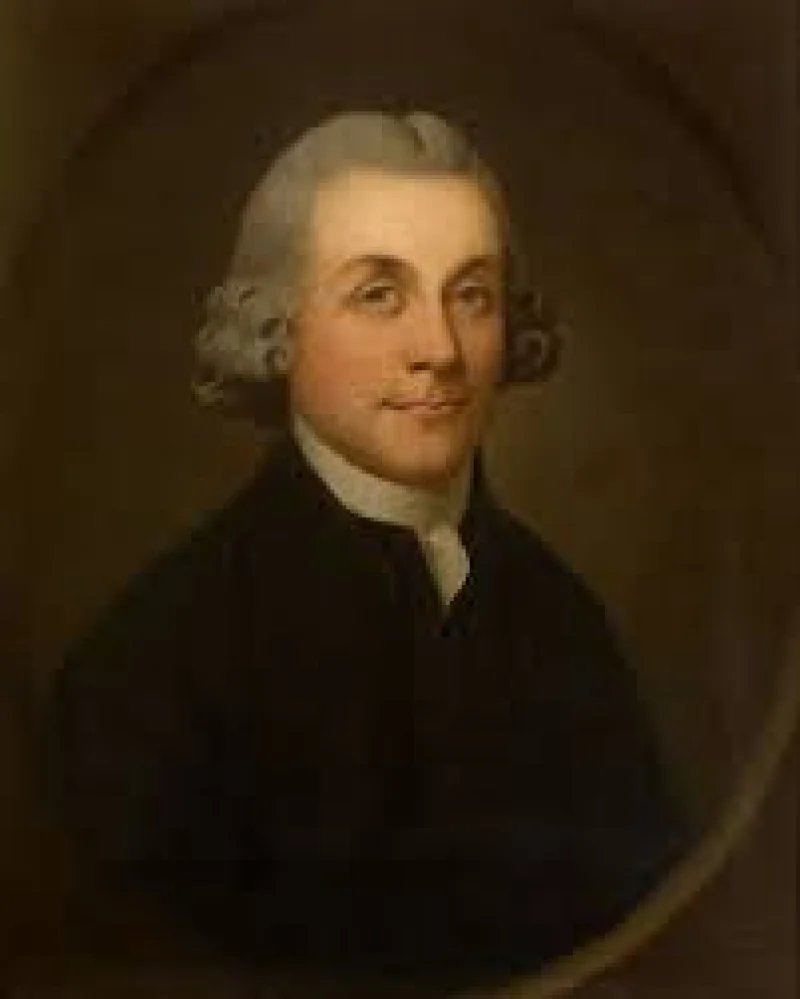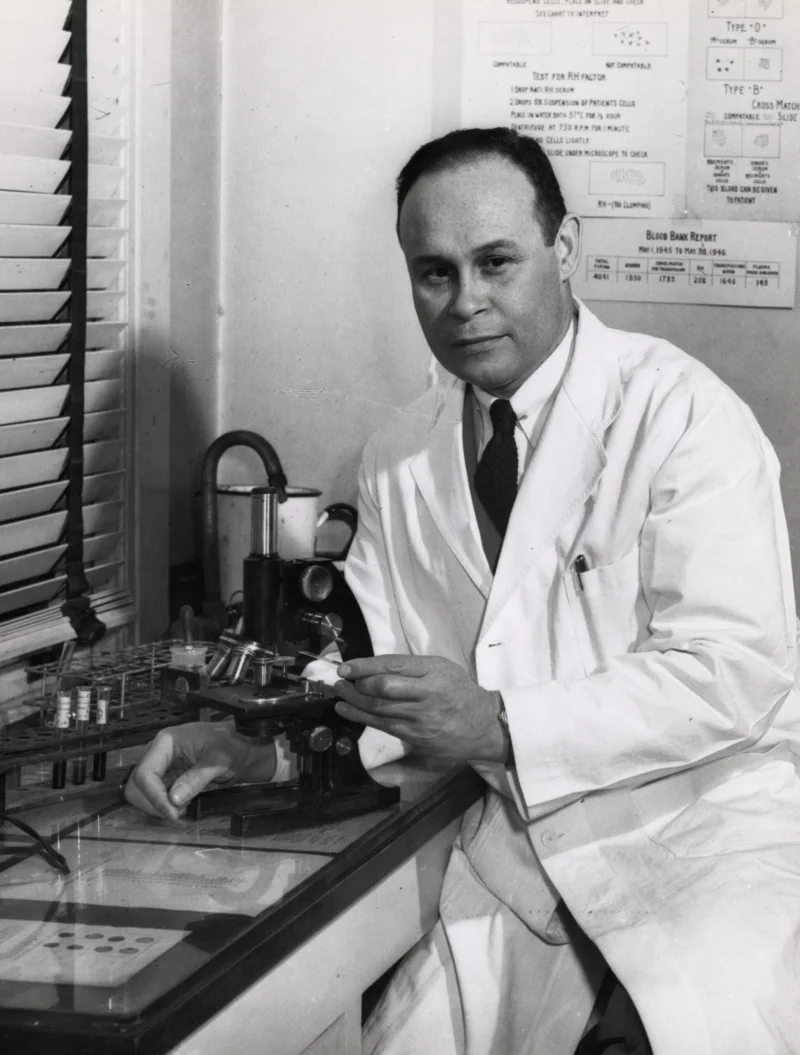Short Summary
Joseph Priestley was an 18th-century English theologian, chemist, and philosopher who made significant contributions to the fields of science and religion. He is best known for his discovery of oxygen and his pioneering work in the chemistry of gases. Priestley's work laid foundational elements for modern chemistry, and his religious and political views influenced Enlightenment thought. Despite facing controversy and adversity, his legacy endures in the realms of science and philosophy.
Early Life & Education
Born on March 13, 1733, in Birstall, West Yorkshire, Joseph Priestley grew up in a devoutly religious family. His father was a cloth-dresser, and his mother passed away when he was young, leading him to be raised by an aunt. Priestley was a precocious child, learning multiple languages and studying a wide array of subjects. He attended Daventry Academy, where he was exposed to liberal religious ideas and natural philosophy, which profoundly influenced his intellectual development. His diverse education laid the groundwork for his later achievements as both a scientist and a theologian.
Career Highlights
Joseph Priestley's career was marked by his dual interests in science and theology. He served as a minister in various congregations, where he advocated for religious tolerance and rational Christianity. In science, Priestley made groundbreaking discoveries in the study of gases, most notably identifying oxygen, which he referred to as "dephlogisticated air." He published numerous scientific papers and books, advancing knowledge in chemistry and electricity. His work in pneumatic chemistry earned him a place among the leading scientists of his time, and he was a member of the Lunar Society, a group of prominent intellectuals.
Major Achievements
- Discovered oxygen in 1774, revolutionizing the field of chemistry.
- Published "Experiments and Observations on Different Kinds of Air," contributing to the study of gases.
- Developed the soda water process, leading to the creation of carbonated beverages.
- Authored over 150 works on theology, science, and philosophy, influencing Enlightenment thought.
Famous Quotes
- "We must admit... that there is hardly any part of science... that is not better understood now than it was in the time of the ancients."
- "The more elaborate our means of communication, the less we communicate."
Interesting Facts
- His home and laboratory were destroyed by a mob in 1791 due to his support for the French Revolution.
- He emigrated to the United States in 1794, where he spent his final years.
- Priestley was an advocate for the education of women and supported co-educational institutions.
- He coined the term "rubber" for the substance used to erase pencil marks.
- Priestley was a close friend of American statesman Thomas Jefferson.
Legacy / Influence
Joseph Priestley's contributions to science, particularly in the discovery of oxygen and the chemistry of gases, laid the foundation for modern chemistry. His works in theology and philosophy influenced the intellectual landscape of the Enlightenment, promoting religious tolerance and rational thought. Despite facing adversity, his ideas continued to inspire future generations of scientists and thinkers, leaving an indelible mark on both science and intellectual history.
FAQ
Q: Why is Joseph Priestley famous?
A: He is famous for discovering oxygen and his pioneering work in the study of gases.
Q: What were Joseph Priestley's religious beliefs?
A: He was a Unitarian who advocated for religious tolerance and rational Christianity.
Q: How did Joseph Priestley contribute to chemistry?
A: He conducted experiments that led to the discovery of oxygen and advanced the study of gases.
Q: What adversity did Joseph Priestley face?
A: He faced opposition for his political and religious views, including a mob attack on his home in 1791.












